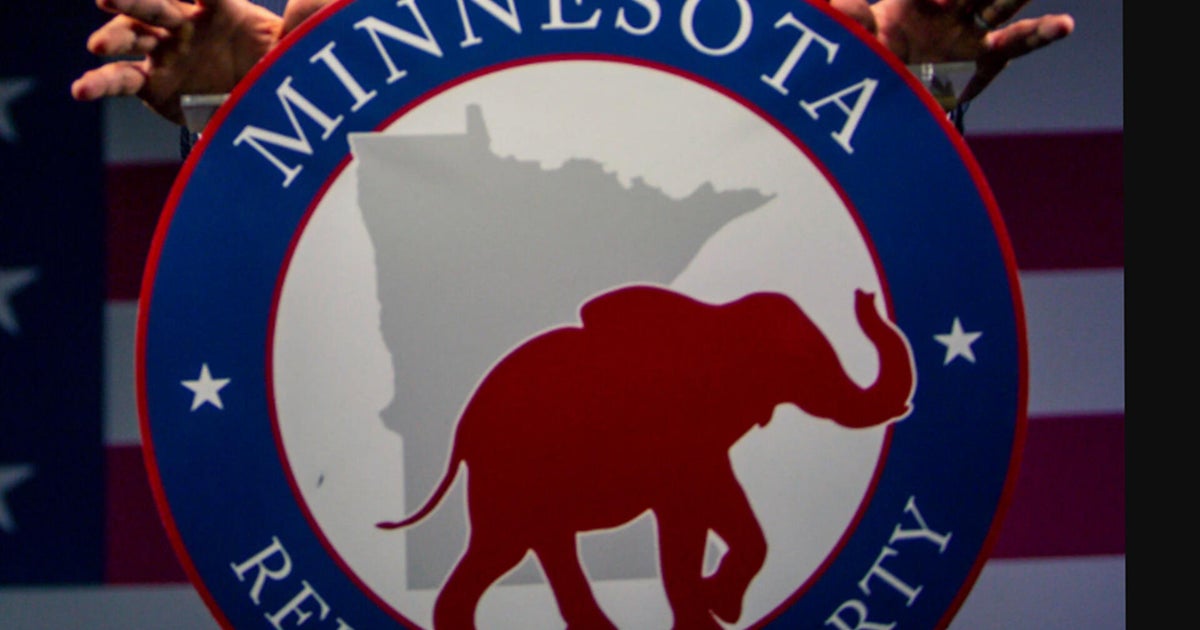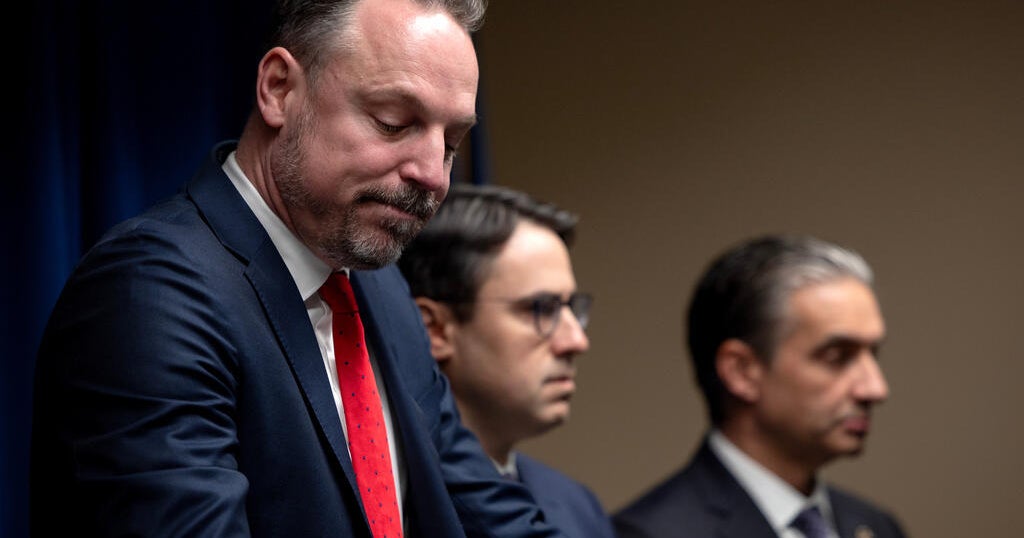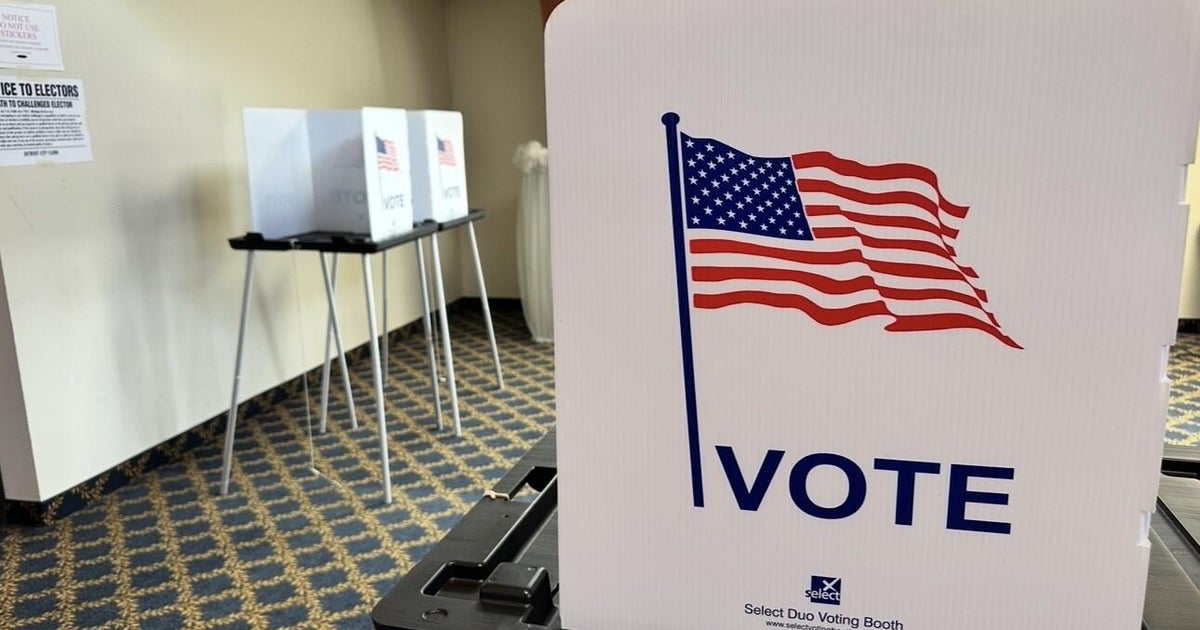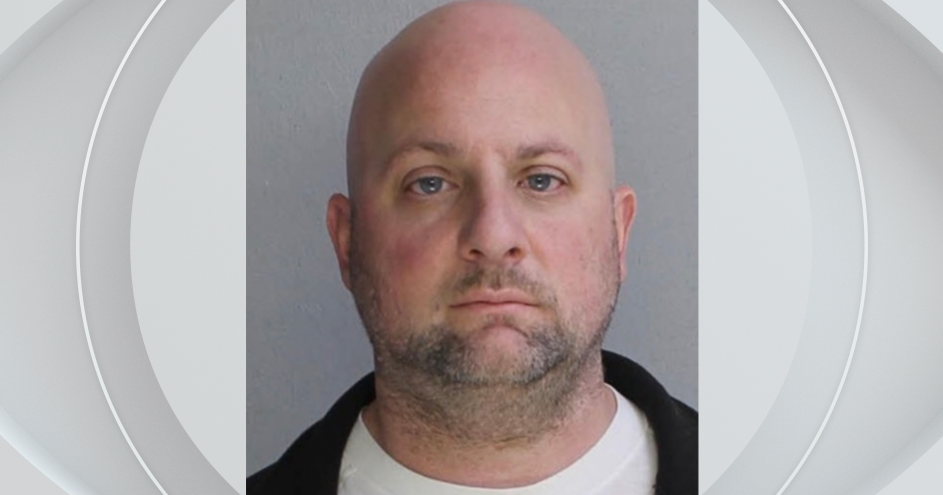How a government shutdown could impact Minnesotans
MINNEAPOLIS — Time is running out for Speaker Kevin McCarthy and Republican hardliners to come to some kind of agreement on government spending by midnight on Saturday.
If they can't come to a deal, the impact on Minnesotans could be extensive.
Roughly 20,000 Minnesota federal workers will either be furloughed or forced to work for no pay, which includes nearly 19,000 members of the U.S. military and reserves.
RELATED: House Republicans outline basis for Biden impeachment inquiry in first hearing
Additionally 108,000 women, children, and babies will lose access to supplemental food benefits under the WIC program.
If the shutdown is as lengthy as the one that lasted 35 days in 2018 to 2019, long-term impacts could be much worse. The 460,000 Minnesotans who depend on SNAP for food will loose those benefits, and the federal government will stop processing small business and housing loans. Air travelers will face delays and even safety concerns.
While social security checks won't be affected, Minnesota Democratic Rep. Angie Craig says it will be hard to help constituents.
"My team, my office is going to be severely handicapped from being able to work with constituents on veterans issues, on social security issues, on Medicare issues, because those agencies are going to be closed," she said.
TALKING POINTS: Lawsuit seeking to keep Trump off Minnesota ballot under 14th Amendment
Rep. Dean Phillips, a fellow Democrat, says he is outraged by the possible shutdown and put the blame on McCarthy, who could prevent a shutdown by agreeing to a continuing resolution. But Republican house members say that would likely cost him his speaker position.
"One person is standing in the way of a really tragic shutdown," Phillips said. "There are 20,000 federal workers in Minnesota, 5,000 in the Third District who will be working without pay."
WCCO reached out to all four house Republicans and have not heard back. That includes Rep. Tom Emmer, who is at the center of the issue as he is in the GOP House leadership.
McCarthy could avoid a shutdown by agreeing to what is called a continuing resolution, which would keep the government funded. That resolution would have enough support from Democrats and Republicans to pass.








